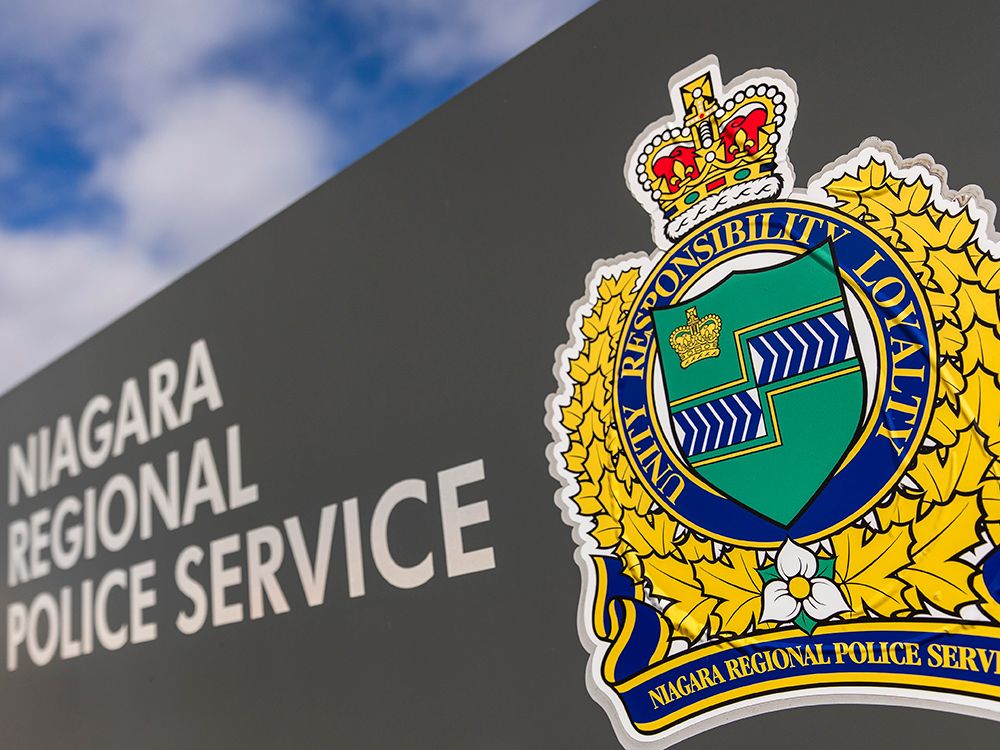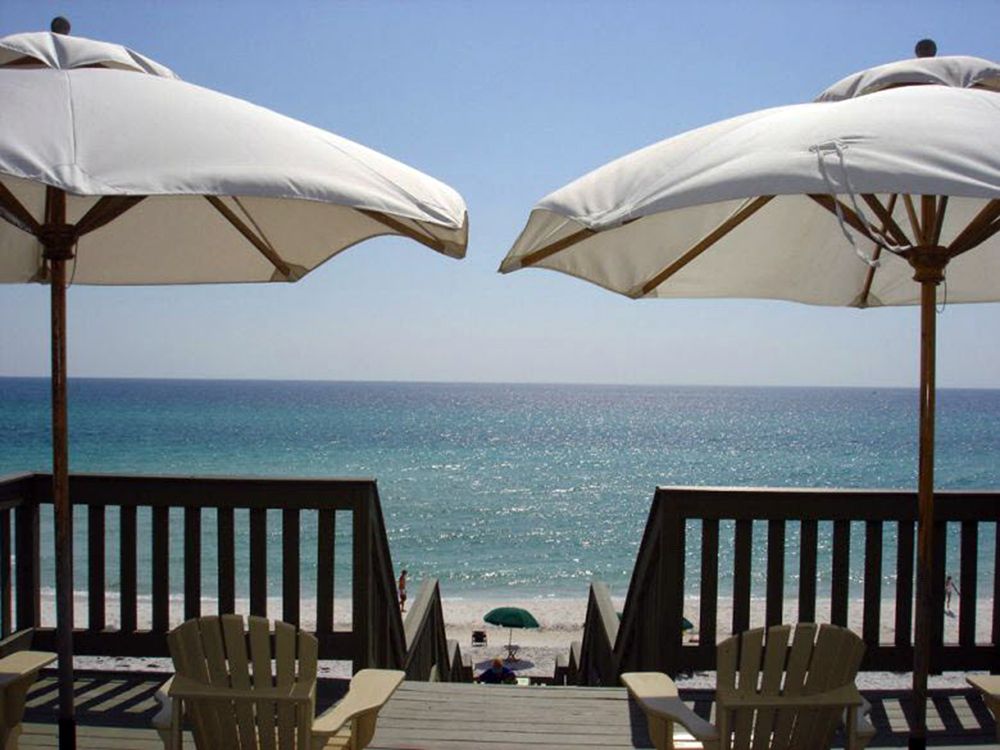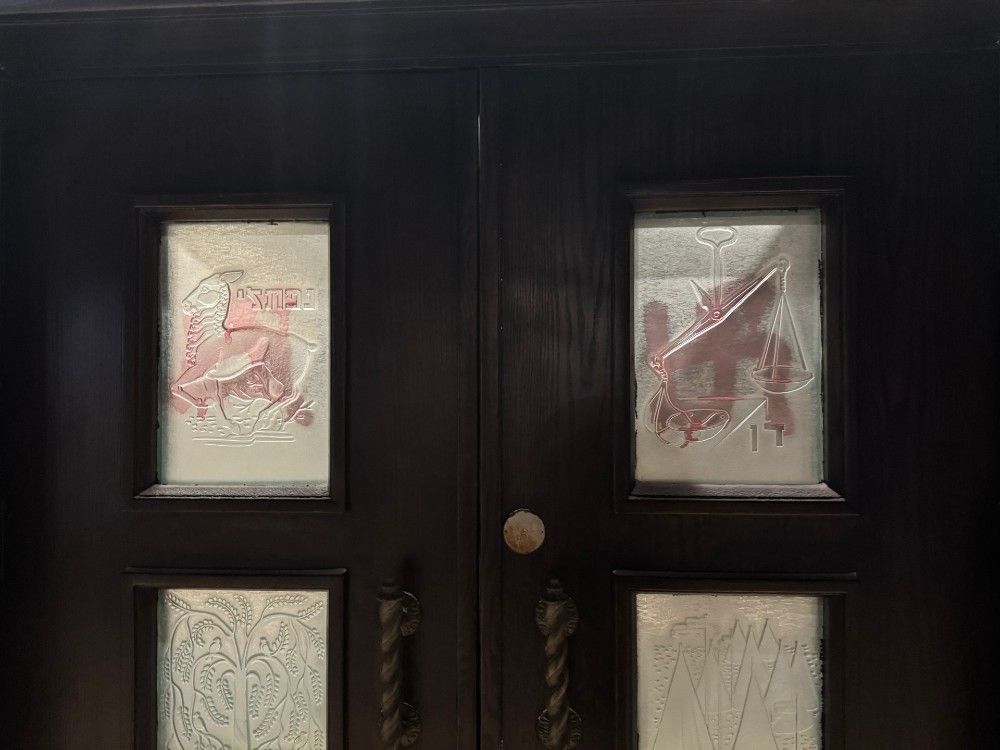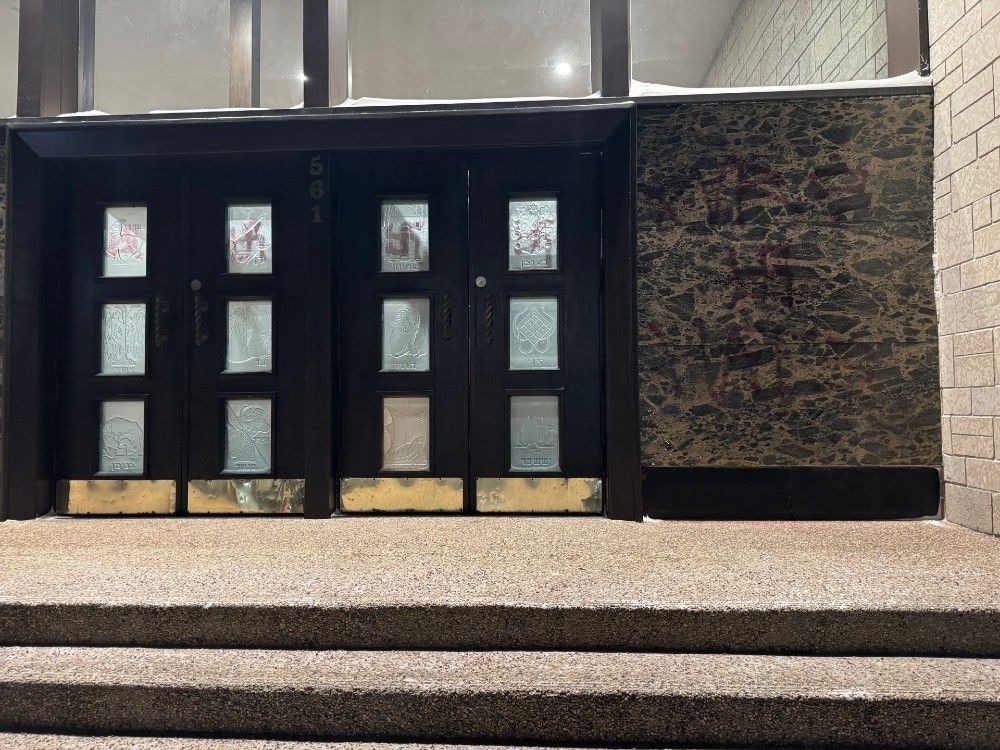
Leslie Burns and her husband Michael have wintered in Tavernier, a small, laid-back community in the Florida Keys, since 2010. The Collingwood, Ont., couple doesn’t see themselves as tourists anymore. “We stay in a residential neighbourhood and do our best to blend in,” Leslie said from their long-term winter rental where the weather reached 21 degrees Celsius this week under “Windex-blue” skies.
The retired couple is part of a formidable flock of snowbirds still wintering in the U.S. New border scrutiny and anger over the U.S. President Donald Trump’s tariffs have thinned the flock. However, “you just can’t beat the weather,” said cross-border real estate advisor Miles Zimbaluk, a Canadian from Saskatchewan who went down to Phoenix, Ariz., 11 years ago in the middle of January for a little golf and never left. “That’s not going to change,” said Zimbaluk, CEO of Canada to USA Inc. “As long as it’s going to be minus 20 or 30 in Canada, I think the Canadians are going to keep coming, no matter what the political environment.”
While the Burnses are patriotic, “we’re not hyper-patriotic,” Leslie explained. “We can’t overlook that we’re Canadians and guests in this country.” They don’t discuss religion or politics, whether in Florida or at home, in social settings. She understands that for some the decision to avoid a country “you’re not ‘friends’ with, on a political level,” can be a principled one. However, “it’s not unsafe here and it’s business as usual at the local level,” she said. The retired couple have been Nexus (the “trusted-traveller program”) card holders for seven years and said they didn’t experience “any additional heat” crossing the border in early December.
In response to a fellow Canadian’s urging on a snowbird’s Facebook page that “all good Canadians” ought to boycott the “hostile” U.S., Leslie shared her opinion that the “fear/hostility mongering is home spun and at ground level all is calm.”
While tens of thousands of Canadian winter escapees are in fact abandoning American sunbelt destinations this season, “hundreds of thousands” are still travelling south, according to a letters and concerns column in the latest winter issue of the Canadian Snowbirds Association’s
news magazine.
“We suspect that many of them are doing it quietly,” the Bird Talk editor added, in response to a Toronto couple whose neighbours, family and friends are urging them not to winter this year in their Florida vacation home. “The media loves a negative story and gets lots of attention when they amplify the rhetoric,” the advice reads. “Do what is right for you, your family and your conscience. Enjoy your winter and travel well!.”
About one million Canadian snowbirds have migrated south to the U.S. in recent years, according to the CSA. This year, about 10 to 15 per cent have chosen to travel elsewhere or stay home, said Evan Rachkovsky, the CSA’s director of research and communications.
According to the tourism website
visitflorida.org,
507,000 Canadians visited the state in the third quarter (July to September) of 2025, a 15 per cent drop from the previous third quarter, which saw 597,000 Canadian visitors, and a 28 per cent drop from Q3 2019.
Overall, Florida tourism inched up, helped by a boost in overseas visitors. But the 2.2 million Canadian visitations up to and including the third quarter of 2025 represents a 15.5 per cent drop from the same period last year.
It’s a relatively modest decline when compared to the leisure travel market, meaning shorter stays like one-week trips to Las Vegas or Walt Disney World, industry watchers said. In October, the number of Canadian-resident returns trips from the U.S. was down 26.3 per cent, year over year, according to Statistics Canada.
In November, return trips by air from the United States declined 19.3 per cent from the same month last year, to 465,800. The number of Canadian-resident return trips by automobile totalled 1.3 million, a 28.6 per cent drop from the same month in 2024, “marking the 11th consecutive month of year-over-year declines,”
StatsCan reported.
A
survey by Snowbird Advisor
of 4,000 members in October found 70 per cent of respondents said they intended to spend this winter in the U.S., compared to 82 per cent of respondents who wintered in America last year, a 15 per cent year-over-year decline. The number of snowbirds intending to depart for non-U.S. destinations like Mexico, Portugal or Spain nearly doubled, from 12 per cent to 23 per cent.
“I think we’ll need to see another couple of seasons before we can determine whether this is a shorter-term or longer-term trend,” said Snowbird Advisor’s president, Stephen Fine.
While some report that their Florida bookings have declined,
The Logic
reported in August that Canadians were “locking down” longer-term stays earlier than last year “and paying a 70 per cent premium to do so.”
“The U.S., in my opinion, will always be the number one destination for snowbirds,” for a number of reasons, Fine said.
For one, snowbirds are a different breed of travellers. “They’re not going away for a week or a weekend to see the sites somewhere,” Fine said. They spend upwards of six months away from Canada. “They’re much more tied to their destinations than other travellers would be.”
Seventy per cent of snowbirds who winter in the U.S. drive there. “If you want to have your car with you for the winter the U.S. is really your only option,” Fine said.
More than 30 per cent of snowbirds also own properties in the U.S. “If you own a property, you’re going to go to that property. You’re not going to let it sit vacant for the winter,” Fine said.
He’s not seeing a lot of buying going on. “But we didn’t see as much selling going on as other surveys.” A
Royal Lepage survey
released in August suggested more than half (54 per cent) of Canadians who own a residential property in the U.S. are considering selling it within the next year, with two-thirds pointing to tensions over the Trump administration’s policies and the current political climate.
People aren’t offloading properties for purely ideological reasons. Some factors are purely practical, including personal and financial reasons,
like a tumultuous year for the loonie.
Five per cent of those in the Royal Lepage survey said they were motivated by hurricanes and other increasingly extreme weather events. Florida home insurance has become very expensive, Fine said.
Still, only six per cent of respondents to the Snowbird Advisor survey said they have sold their vacation property in the past 12 months.
Zimbaluk said he’s had a couple of clients sell their Arizona properties purely because of the politics. “But it’s pretty rare.
“The majority of the people we see selling are because they’re getting older, or because costs are getting higher, too.” Real estate prices are also significantly more than when they purchased 10, 15 or 20 years ago.
When Trump came into power in January, “everything kind of stopped,” Zimbaluk said. “We didn’t have anybody looking to purchase property for the first half of the year. And now it’s starting to come back. We’re getting quite a few calls from people who want to buy property again.”
One south Florida real estate agent told
Realtor.com
that Canadians are still in the market for U.S. homes. Of four groups of potential buyers at a recent open house for a US$1.8 million, four-bedroom luxury build, three were Canadian.
One family with nine members “comes down every winter and are tired of renting,” Elaine Veasy said. “They didn’t even blink at the price.”
Canadians own an estimated $60 billion in Florida residential properties, contributing more than $600 million annually in property taxes. But those looking to sell are facing a slumping market, with listings outstripping demand and prices predicted to drop further in
2026.
Amongst those snowbirds crossing the border for the winter, “there’s sort of a split,” Fine said. “Some of them, it’s business as usual. Some of them are concerned, but they’re going anyway. They have some sort of reluctance, but they are still going.”
“Most people are not happy with a lot of what’s gone on over the past year, with respect to the trade dispute or the rhetoric of the 51st state,” he said.

New entry rules and registration requirements, including the collection of biometric (facial photographs, digital fingerprinting) information, are also creating some anxiety and confusion. “A small subset of our membership have had issues at the border,” Rachkovsky, of Canadian Snowbirds Association, said.
There have been anecdotal reports of snowbirds being made to feel unwelcome. One letter writer to Bird Talk wondered if it would be acceptable to remove his front Ontario licence plate while in Florida “to potentially reduce the risk of damage to my vehicle while it is parked.” (If a front plate is required in a home jurisdiction like Ontario, it must remain on the vehicle while in Florida “otherwise you will be breaking the law,” the Ottawa man was advised.)
Rachkovsky said he’s not hearing any significant issues from members “in terms of how they’re being treated. They’ve established very tight-knit connections down there and, for the most part, things have been as they normally have in past winters.”
Zimbaluk also said he hasn’t come across hostility. “I’ve heard lots of my clients telling me they’ve had Americans apologizing to them — that they’re sorry for how they’re being treated and glad they came back.”
As to whether people are going south “quietly,” even within families there may be pressure to snub the U.S., “particularly under the current administration,” Rachkovsky said. “They might have friends or family that are trying to pressure them, telling them not to go down.
“They’re going down, regardless of those factors.”
Tavernier, said Leslie, isn’t a big city “like Fort Myers, Tampa or Miami.” The Keys have a ’70s vibe, a pace unlike the rest of Florida. The climate is temperate, sub-tropical, she said. “But if you fish and boat and appreciate the communities along these shores, this is the place to be.”
“We have a really nice network of friends of all ages, most of whom are U.S. citizens. We’ve always felt part of this community.”
She did notice fewer Ontario licence plates during the drive down in December, though other people she knows from Ontario are planning to come.
“It’s hard, no matter what’s in the news, to decipher what’s real, what’s manufactured and what’s hearsay,” she said. “We’re grateful to be able to come to the Keys and hope the current differences can be resolved peacefully.”
National Post
Our website is the place for the latest breaking news, exclusive scoops, longreads and provocative commentary. Please bookmark nationalpost.com and sign up for our daily newsletter, Posted, here.


















